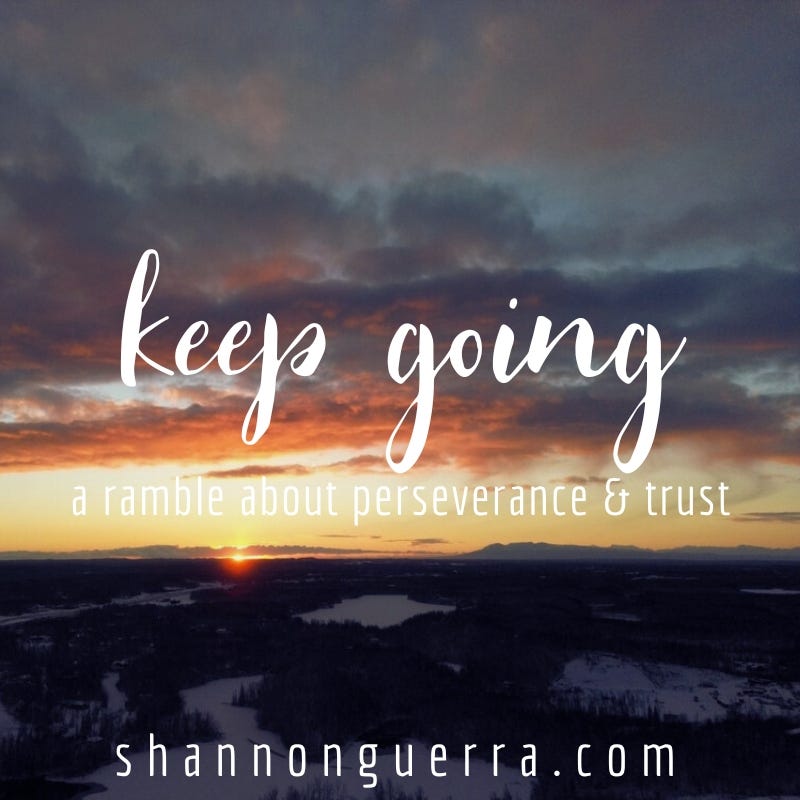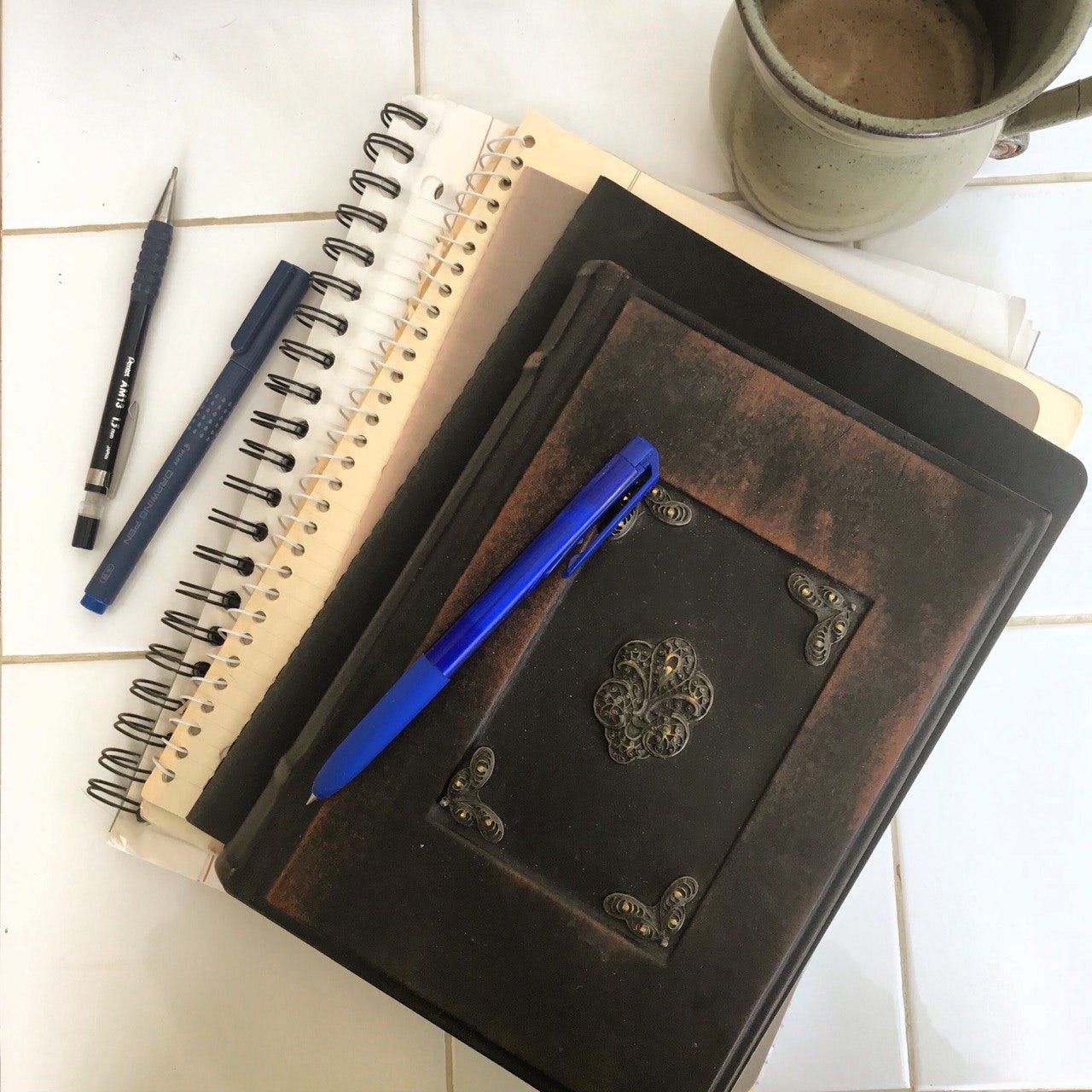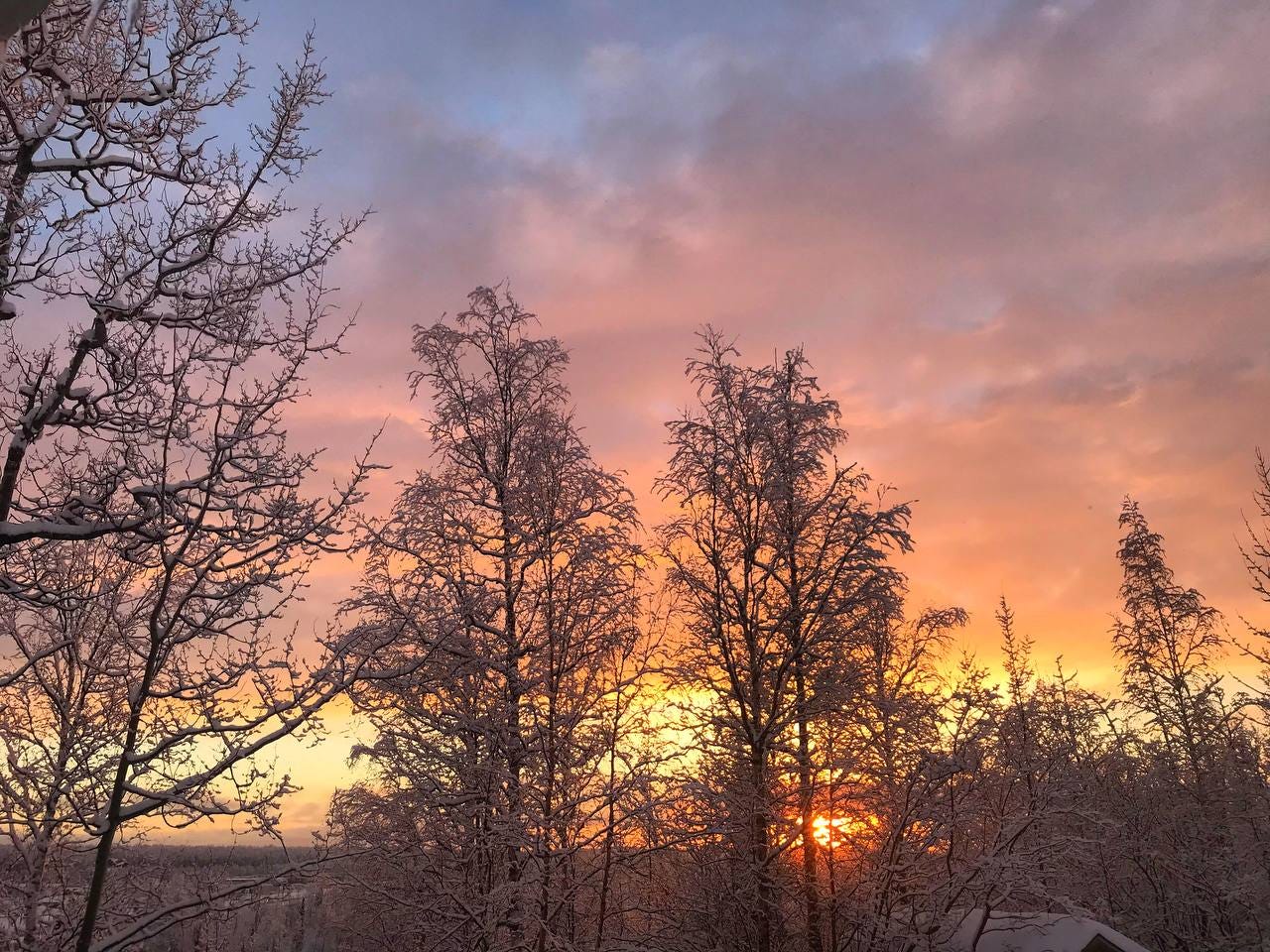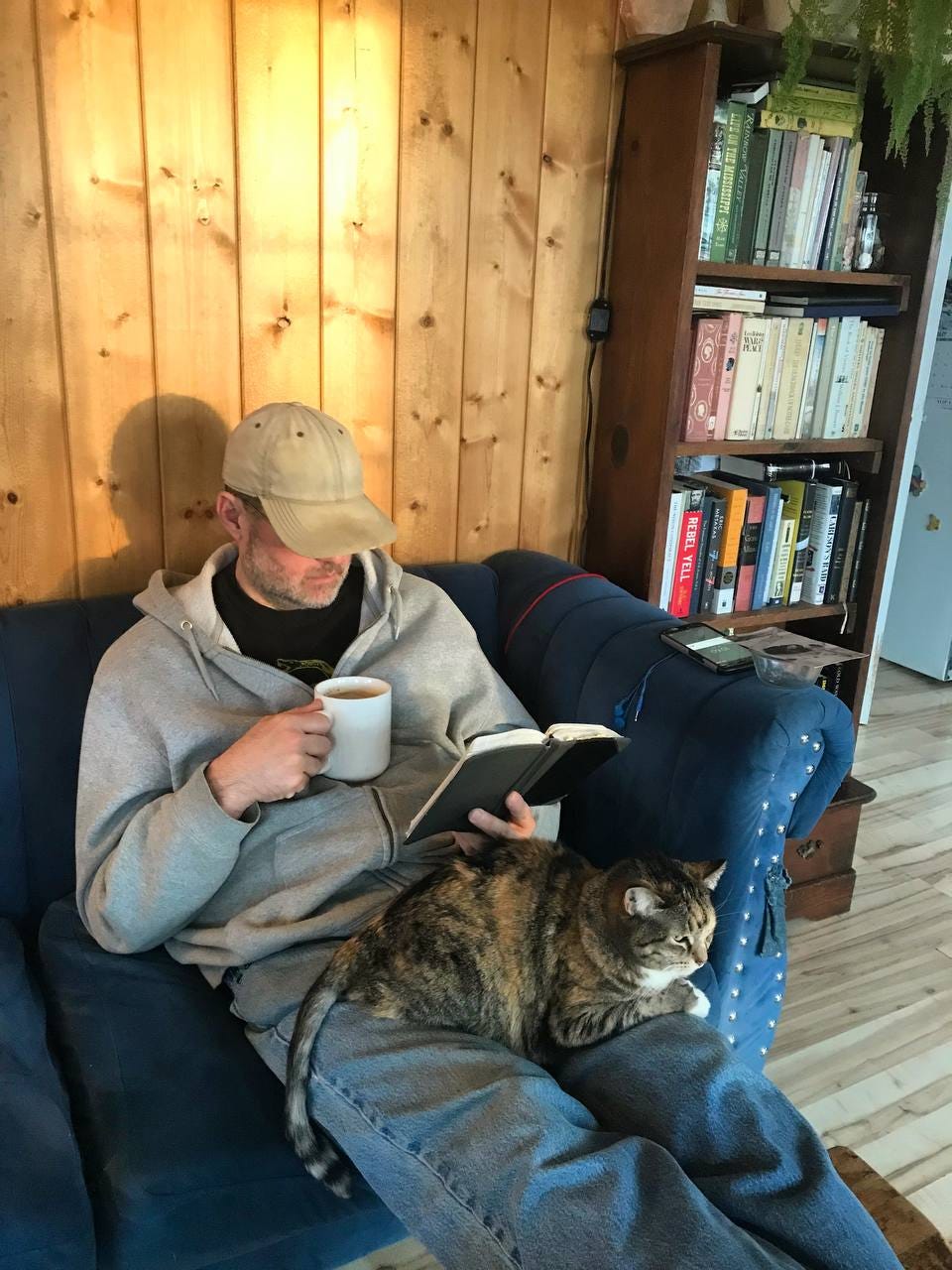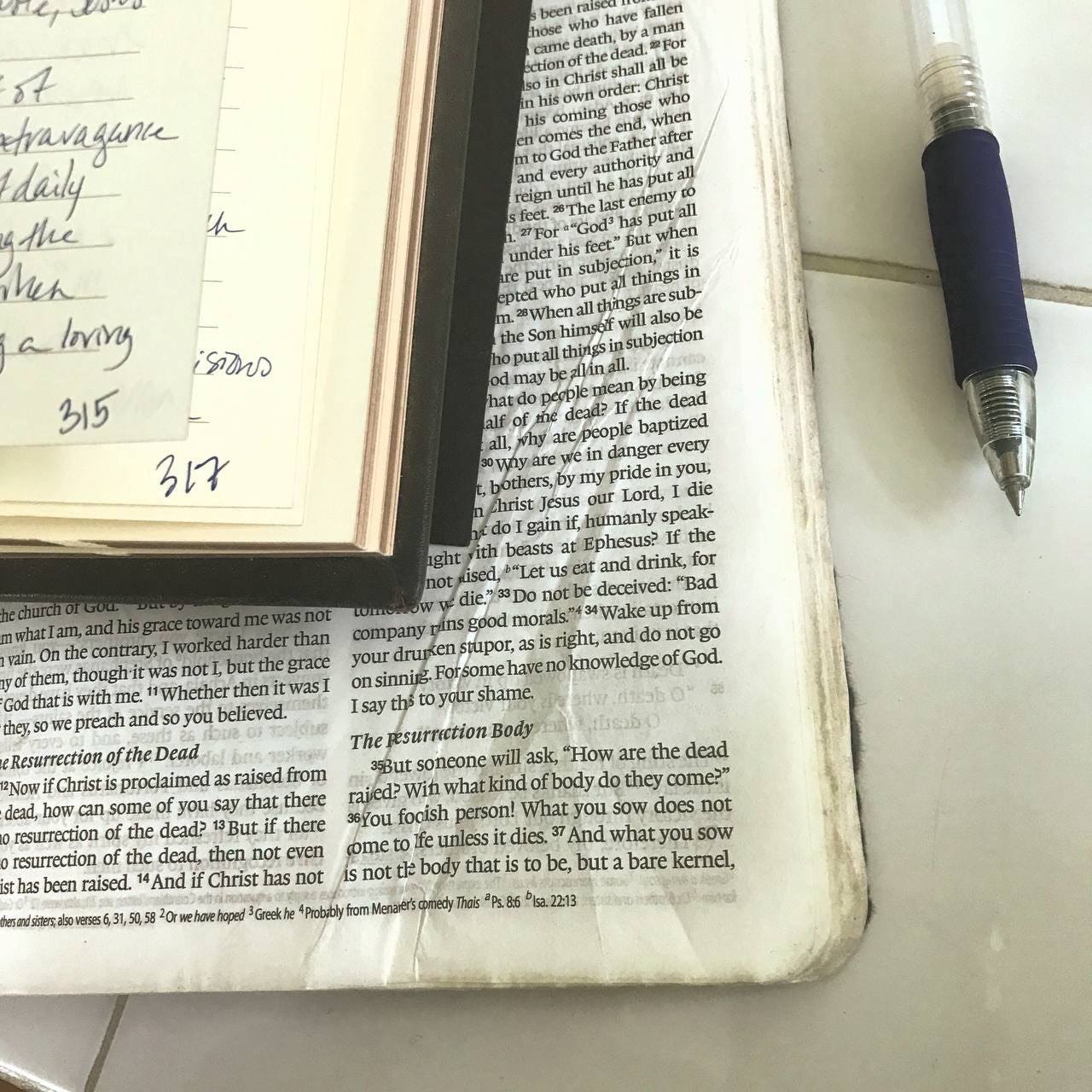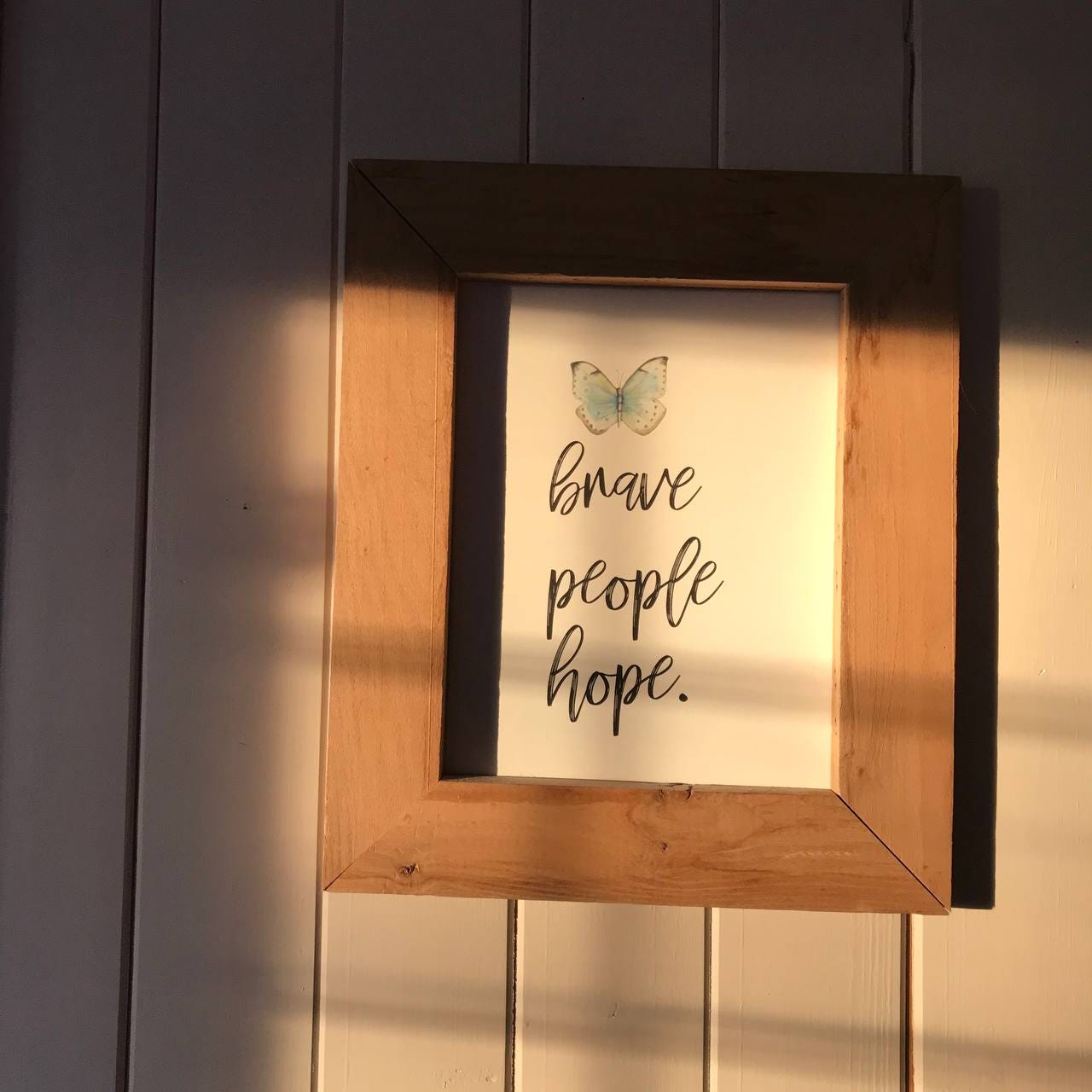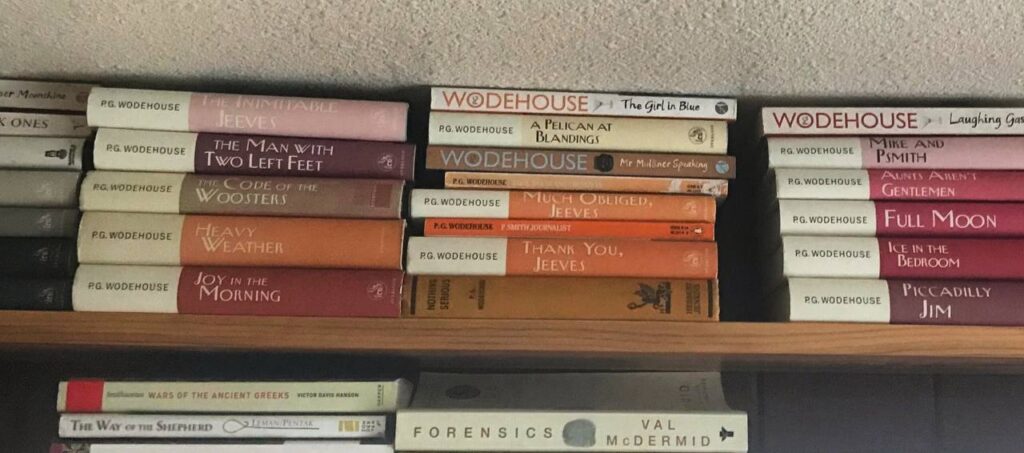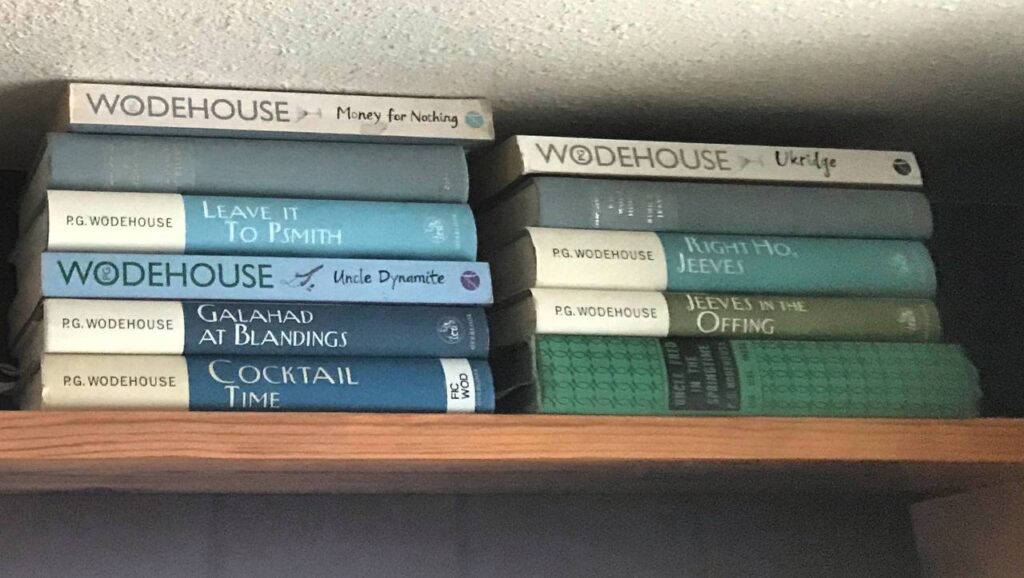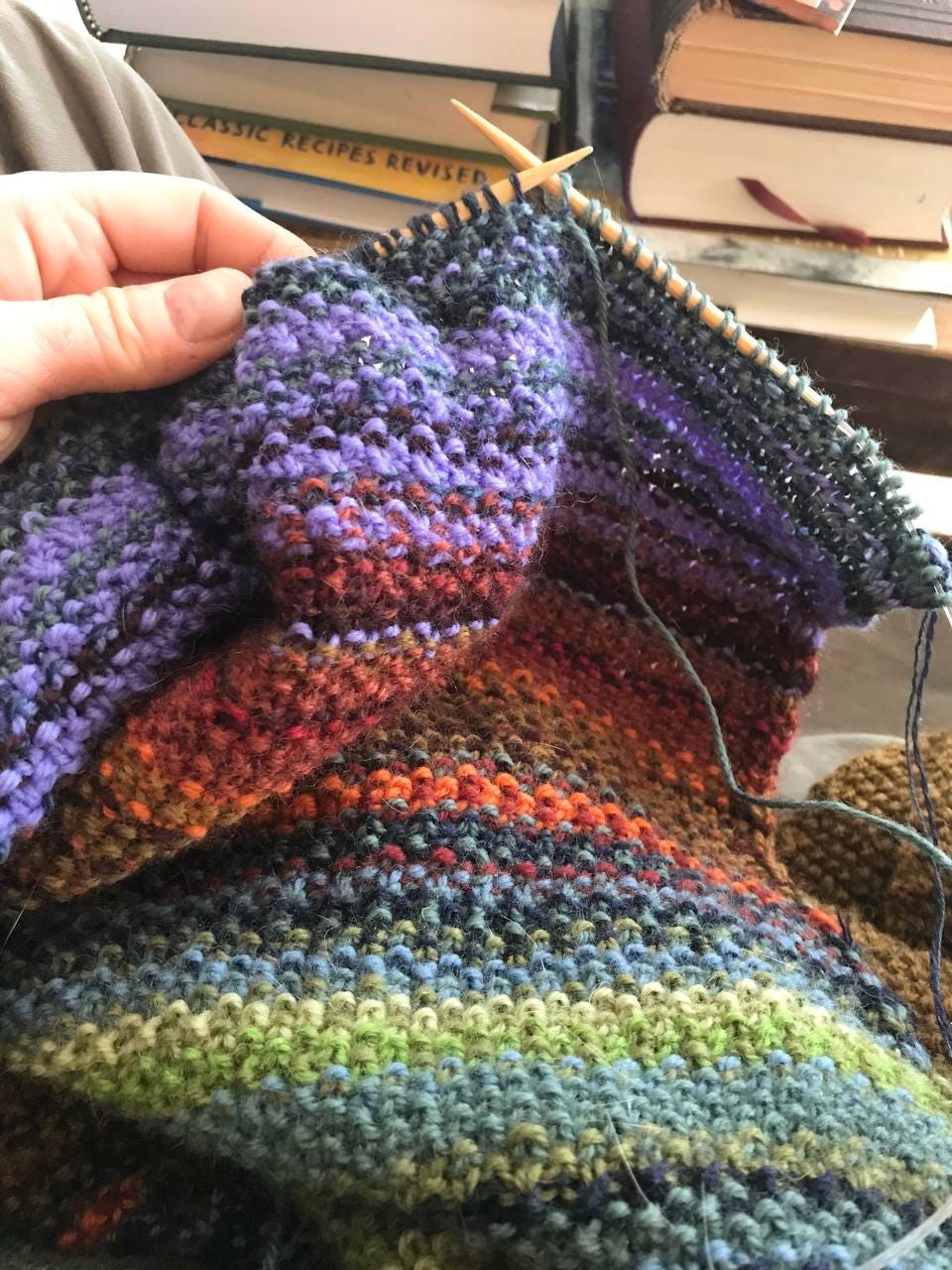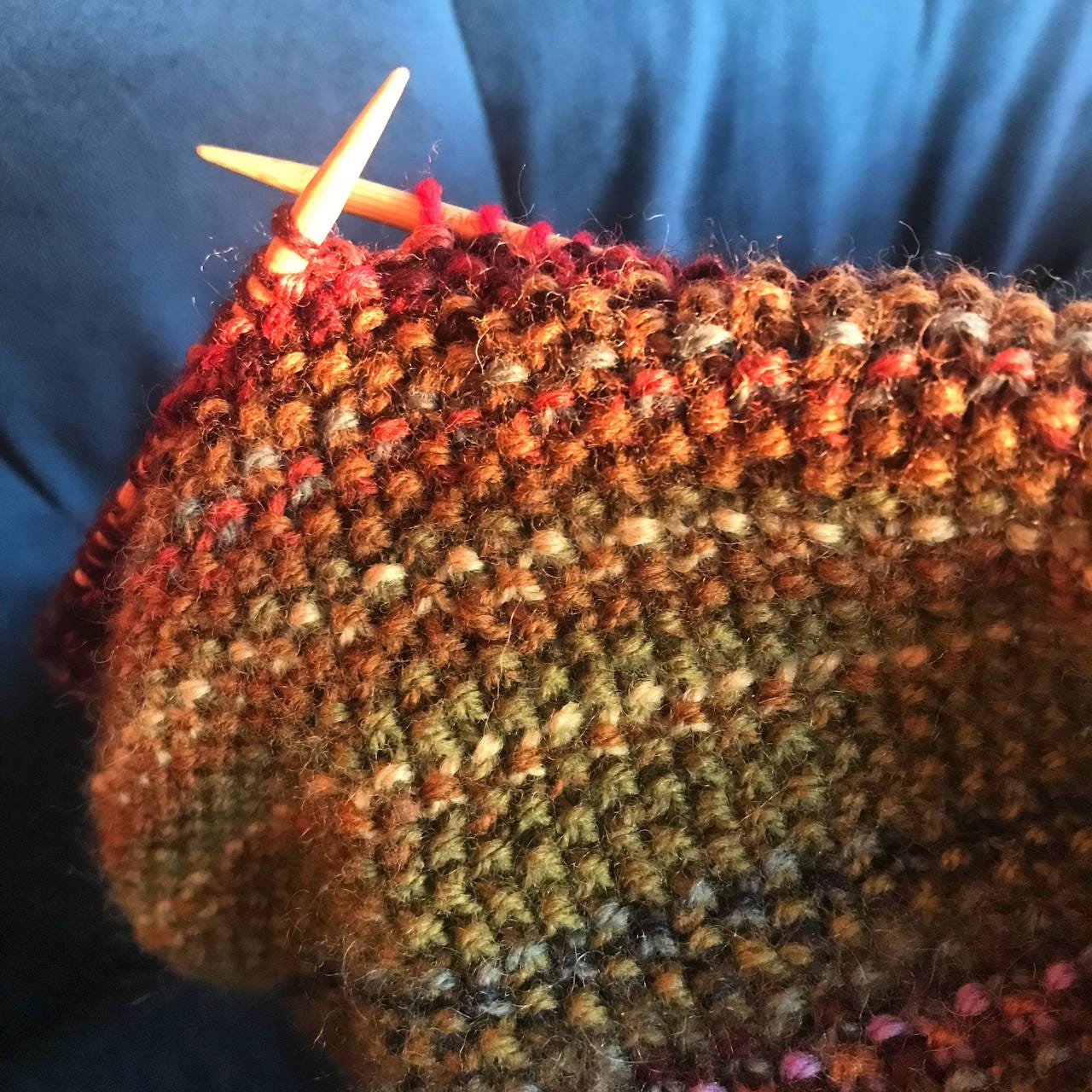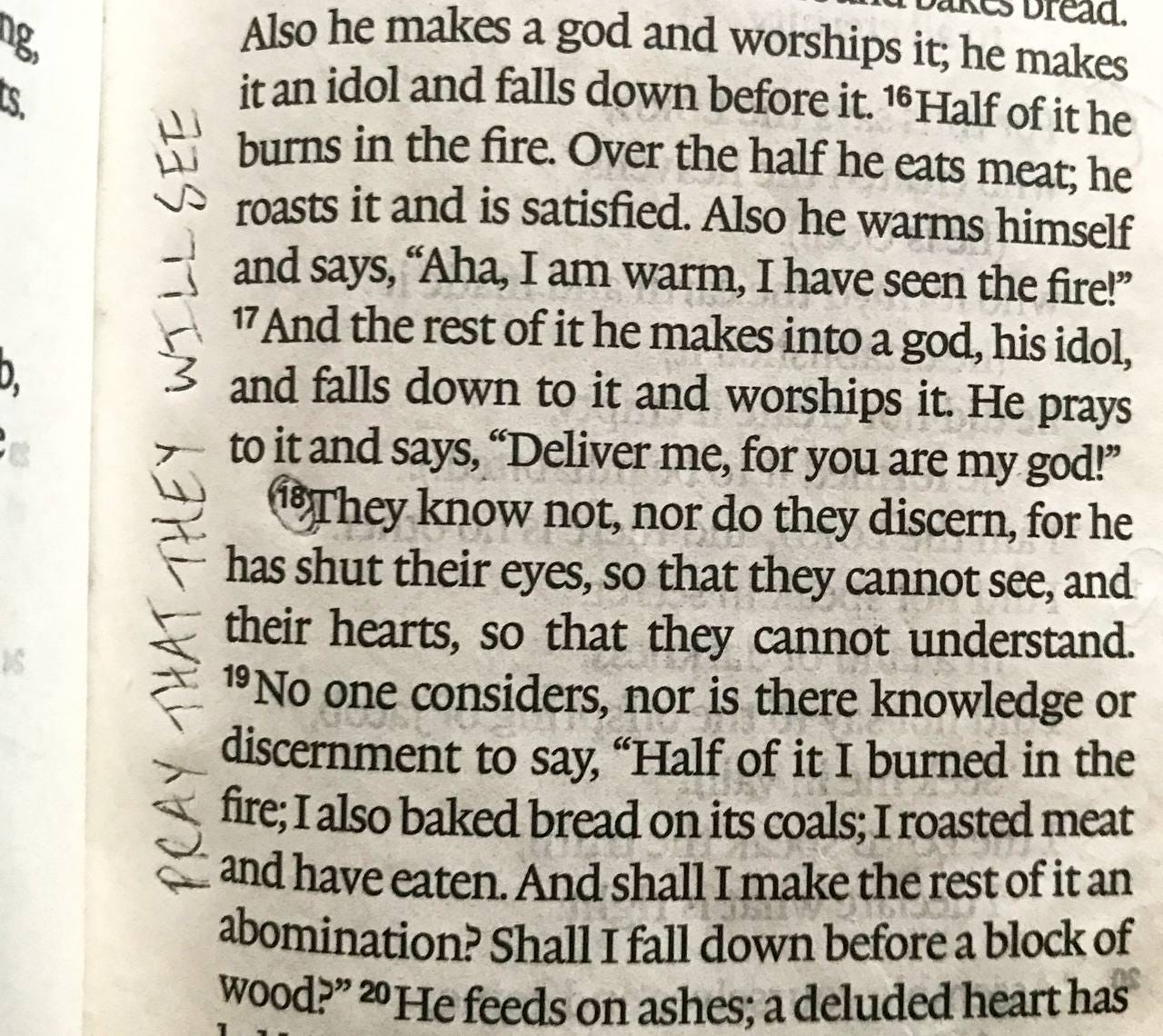The sunlight of longer days in February produces the same effect as caffeine to someone who never drinks it. Beams splash across the floor and the table, and suddenly everything is brighter, more hopeful, and ambition takes dangerous proportions.
I could plant the celery. We could let the chickens out of the coop. Never mind that it’s below freezing at night; the expanded hours of sunshine throw logic and reason out the window and we start to dream again. I could do this, I could do that, I could do anything.
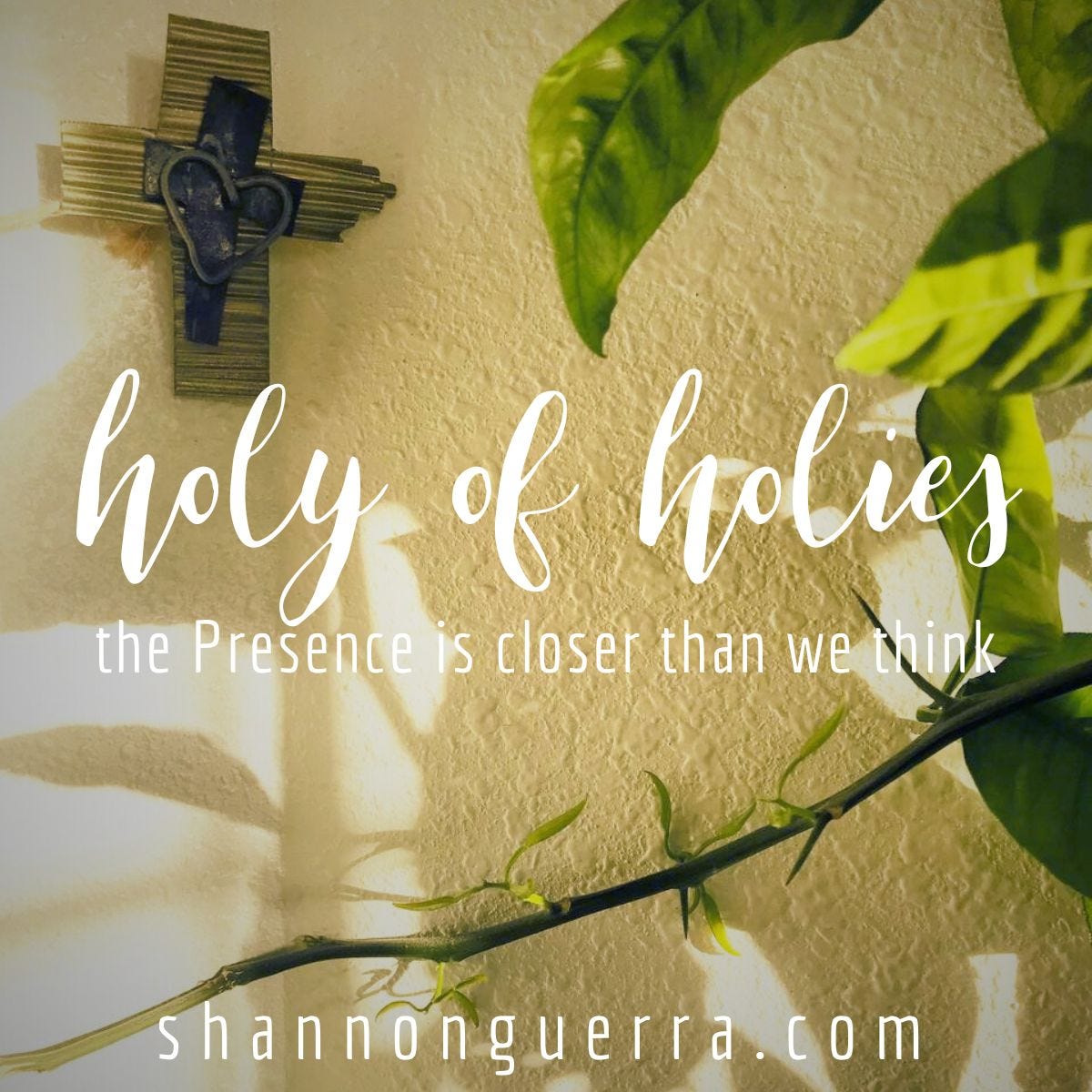
It reminds me of wisdom I learned many years ago: One should never mix an extra shot of espresso with writing the week’s to-do list, because the superpowers from Monday’s latte might become the hole you can’t dig yourself out of by Friday.
By Tuesday I’m already wondering about that as I putter around, cleaning the house between helping kids with school.
“How’s it going up there?” Vin asks as I stop by his desk on the way to drop off laundry.
“My mind is ambitious and wants to do things,” I tell him, “but my body is like Nooo, it wants to get a blanket and lay down on the couch.”
By Tuesday, I don’t want to clean the bathroom or put away laundry. I don’t want to edit three more chapters or format paragraphs or change graphics. I don’t really even want to read email, or journal, or type.
I want to take a bath. I want to shut off the notifications, close the door, dim the light. Turn down the noise and rest.
It’s like the mom-version of the Holy of Holies. This is the sacred space that’s quiet and rarely accessed, and only then once all the sacrifices have been made to get there. We’ve made atonement for sins through the washing of many loads of laundry and dishes, and we silently approach, exhausted, face down, knowing our need for His presence.
The real Holy of Holies, of course, was the innermost part of the Temple of Jerusalem, where God’s presence dwelt. It was the most sacred space, separated by a thick curtain (“the veil”) from the also-but-not-quite-as-sacred space just outside. Only a certain priest could go in, and he could only do it once a year. Praise God, bath nights are more frequent than that.
But also, if you know about the death of Jesus, you know that when He said, “It is finished,” that veil was torn from top to bottom. So we all have access now because the Presence erupted forth and landed within each of us who have invited Him in.
Do you not know that you are God’s temple and that God’s Spirit dwells in you?
– 1 Corinthians 3:16
Or do you not know that your body is a temple of the Holy Spirit within you, which you have from God, and that you are not your own?
– 1 Corinthians 6:19
So now His Presence dwells within us and our hearts are the Holy of Holies. And this is maybe too big of a thought for a tired Tuesday, or a busy Thursday, or a frantic Friday. But it’s still true, and something we should wrestle with until we can wrap our minds around it.
Meanwhile on that tired Tuesday, there are three hours to go until the bath, the dim lights, the restful retreat. He is there in the midst of the exhaustion and to do list, so for the joy set before me – which is not just the quiet bath, but also the accomplishment of a project that is so close to finally being finished – I’ll work on these last twenty pages.
But first I’ll run downstairs to refill my water and grab the phone charger, then come back upstairs to drink that water while reading a few posts in my email. An hour later, I’ll realize I forgot the charger on the first trip and run back down for it again. Because even when the joy is set before me, I tend to get pretty distracted with details.
We must get delivered from ourselves, and His presence is the very thing that will prune us.
– Michael Freeland Miller, His House, His Presence
On Wednesday I am short on time at the desk (“On Wednesday,” she says, as though every other day has looooads of time) and Bingley the Small Puma jumps up and demands attention while I am holding a book in my left hand and typing as fast as possible with my right.
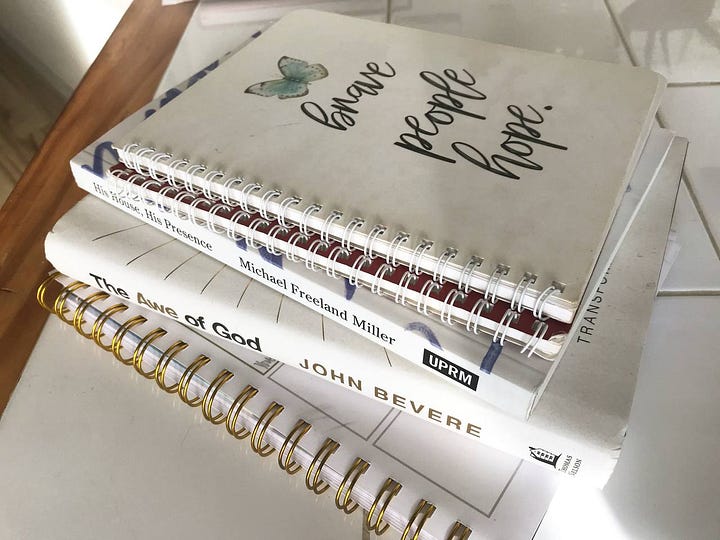
This book has passages that I need to get in me, that might become part of the post I’m working on – or they might not, but the message is definitely flavoring the stew. But Bingley gets right in my face and doesn’t care that my hands are already full or that I’ll need to go back and edit the extra vowels he made me type along with the constant need to insert all the h’s I missed because my keyboard has something miniscule stuck in it (probably a cat hair) and for three years now the H key has been capricious, which means sometimes it works fine and other times it makes me type in a Cockney accent.
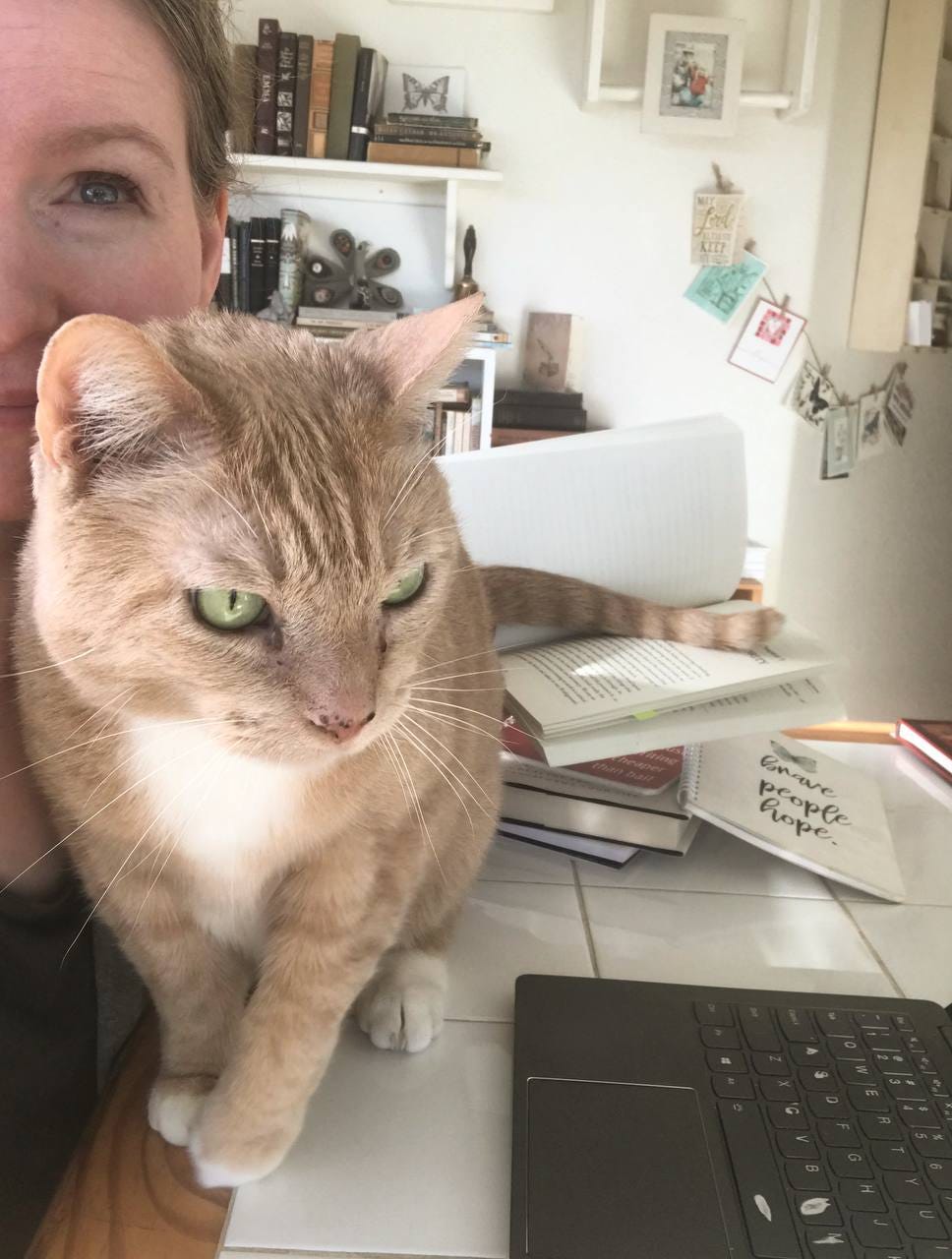

Bingley cares about none of those things because his sole focus is the presence of the one who loves him. And if I’m at the desk, then the desk is the sacred space he runs to.
He is learning manners, though: He may not step on the laptop, back onto the keyboard, or knock over my tea. We have standards (not many, but some) and he can’t just walk all over the place, because this is my sacred space too. If he ignores the boundaries, I push him away.
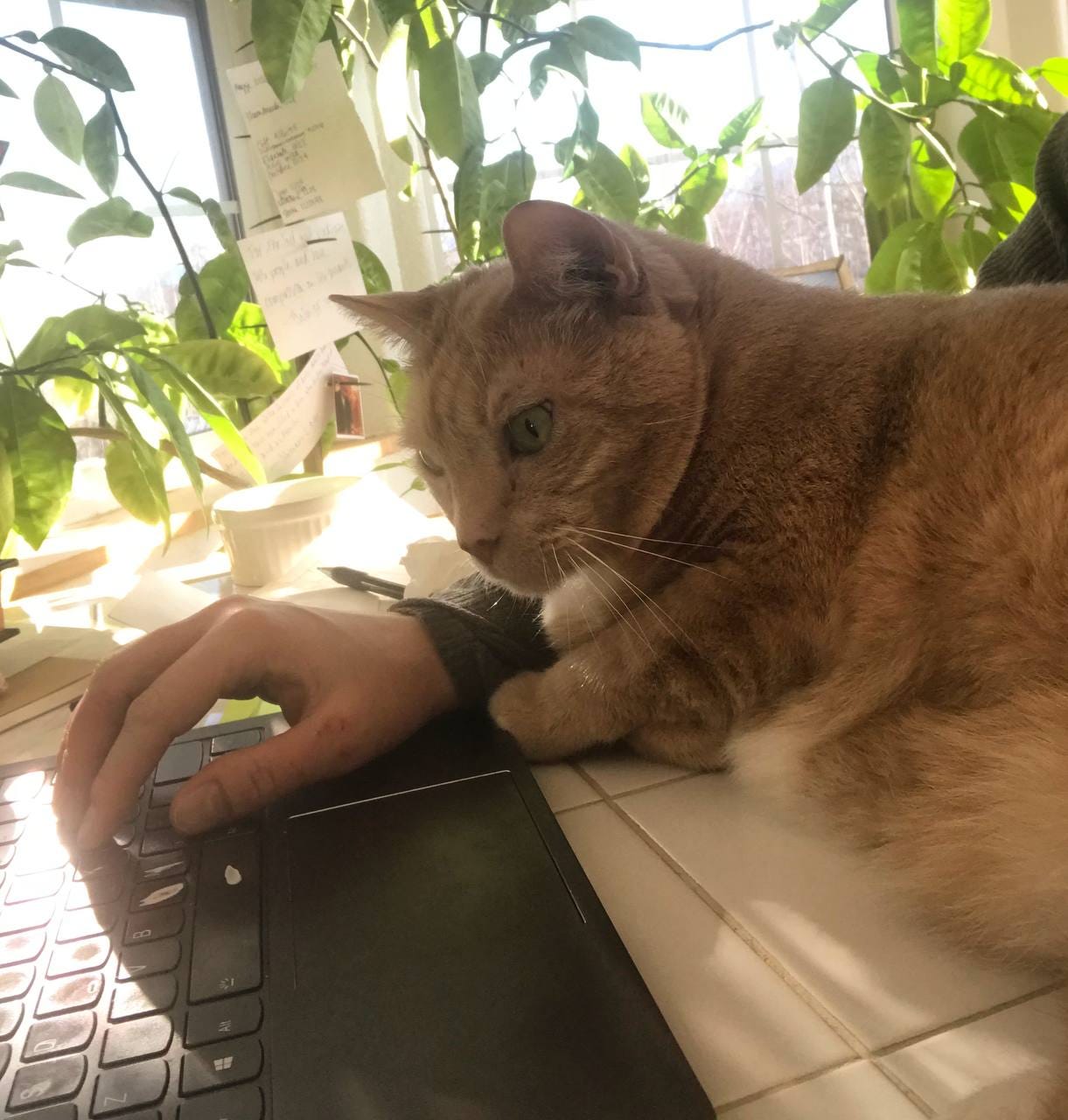
A few months ago in group we were discussing the dwelling place, where the Lord resides – how the Holy of Holies left the building when Jesus died on the cross; the curtain was torn and the Spirit was loosed and tongues of fire emerged and our free access to Him changed everything:
So then, you are no longer strangers and aliens, but you are fellow citizens with the saints and also members of the household of God, built upon the foundation of the apostles and prophets, with Christ Jesus himself as the cornerstone;
in him the whole structure is joined together and grows into a holy temple in the Lord, in whom you also are built together spiritually into a dwelling place for God.
– Ephesians 2:19-22
We hold the sacred place within us, and He is there. Here. Breathing, pulsing, burning, inside.
So we approach Him with awe. But another fascinating thing that came up in our discussion: If we recognize His presence with awe and wonder, marveling at the intimacy and closeness with Him because He dwells within us, then also, in Kingdom culture, do we recognize that He is also within each other?
Do you not know that your body is a Temple of the living God? Yes, we know, it says it right there. But have we considered that when we look at a fellow citizen of the Kingdom, they also are housing the presence of God? They, too, are temples that host the King.
What agreement has the temple of God with idols? For we are the temple of the living God, as God said,
“I will live in them and walk among them,
and I will be their God,
and they shall be my people.”– 2 Corinthians 6:16
Temple, in Greek, is naos, derived from the verb naio, meaning “to dwell.” In the New Testament it specifically refers to the inner sanctuary, the most sacred part of the temple where God’s presence dwells, the Holy of Holies. And we clearly see that it’s no longer talking about a building.
Suddenly the world flips inside out as we realize there’s this galaxy within our hearts, the temple where worship is always occurring:
For this reason they are before the throne of God
and worship him day and night within his temple,
and the one who is seated on the throne will shelter them.– Revelation 7:15
At this very moment, worship is happening. We can choose whether or not to join it or be consciously aware of it, but regardless, it is actively occurring, right now, at this very second, always. This holy place is in us and we don’t understand it and can’t wrap our minds around it, but we are here and there all at once, and so much more is happening than we realize.
God, who is rich in mercy, out of the great love with which he loved us even when we were dead through our trespasses, made us alive together with Christ—by grace you have been saved—and raised us up with him and seated us with him in the heavenly places in Christ Jesus.
– Ephesians 2:4-6
A person’s life is a holy thing. So do we recognize the Holy of Holies in each other’s hearts? Do we hold each other’s confidence and trust in fear and trembling? Or do we incautiously push the curtain aside, our recklessness creating a draft of air that causes the flame to flicker? Are we acting as mere men, or are we saints and priests, the redeemed who recognize that each of us is a temple wherein His presence resides?
And in that light, we learn manners and approach each other with a little awe, too. Our kids, our friends, our spouses: I revere the flame within you, and so help me God, I will not blow it out.
So we must take care of ourselves, and take care of each other. Caring for the body – literal and figurative – is both a gift and a holy commission.

On the frantic Friday when I am finishing a post and looking at Monday’s to-do list that has no hope in the world of being completed in the next two hours, He is there.
I look at the uncrossed items on the list and know that two can easily move to next week, and the last item is being typed at this second. The holy work of washing the eggs and teaching the kids and sending one kid outside to do chores was finished earlier. The holy work of the moment is in progress. And the holy work that hasn’t been done yet, that was the result of too much caffeine and ambition on Monday, will be just as holy next week.
And so we worship, because He is here in the midst of it, and the joy is set before us.
Want more posts like this? Subscribe here to get them right to your inbox.

